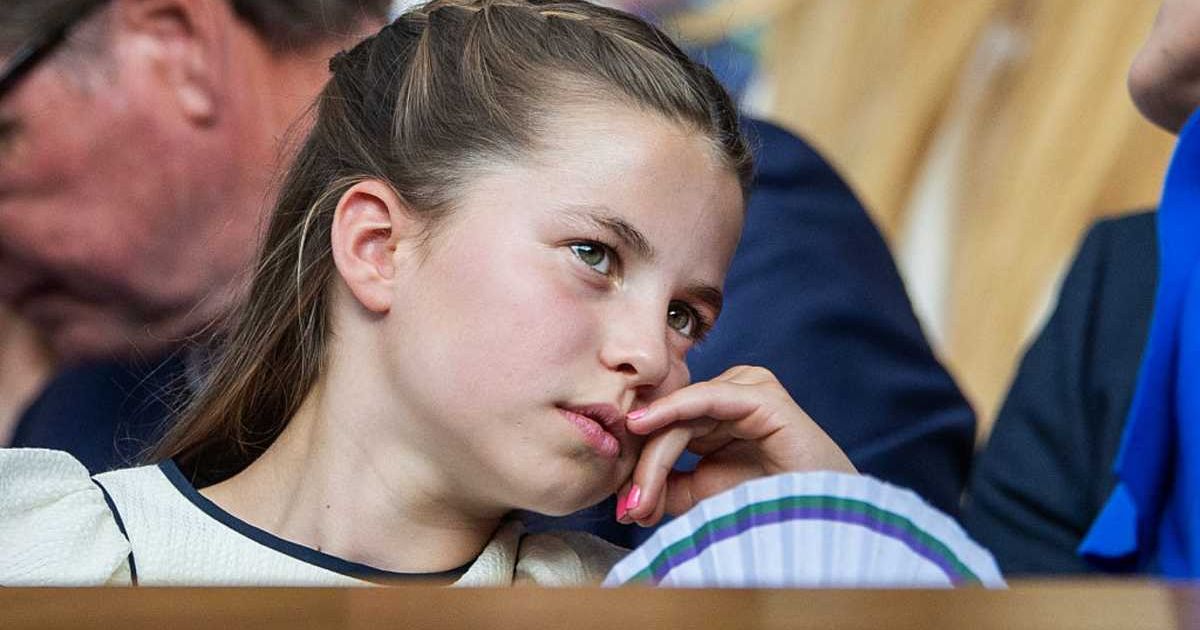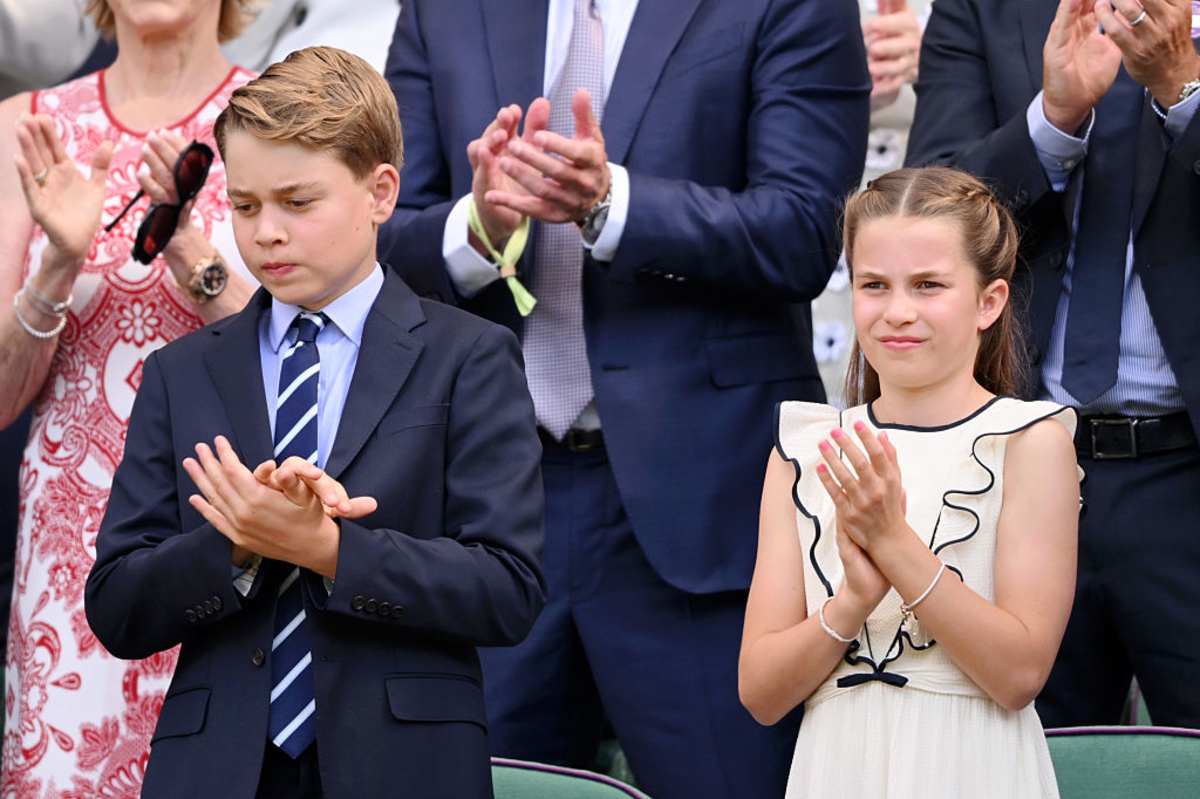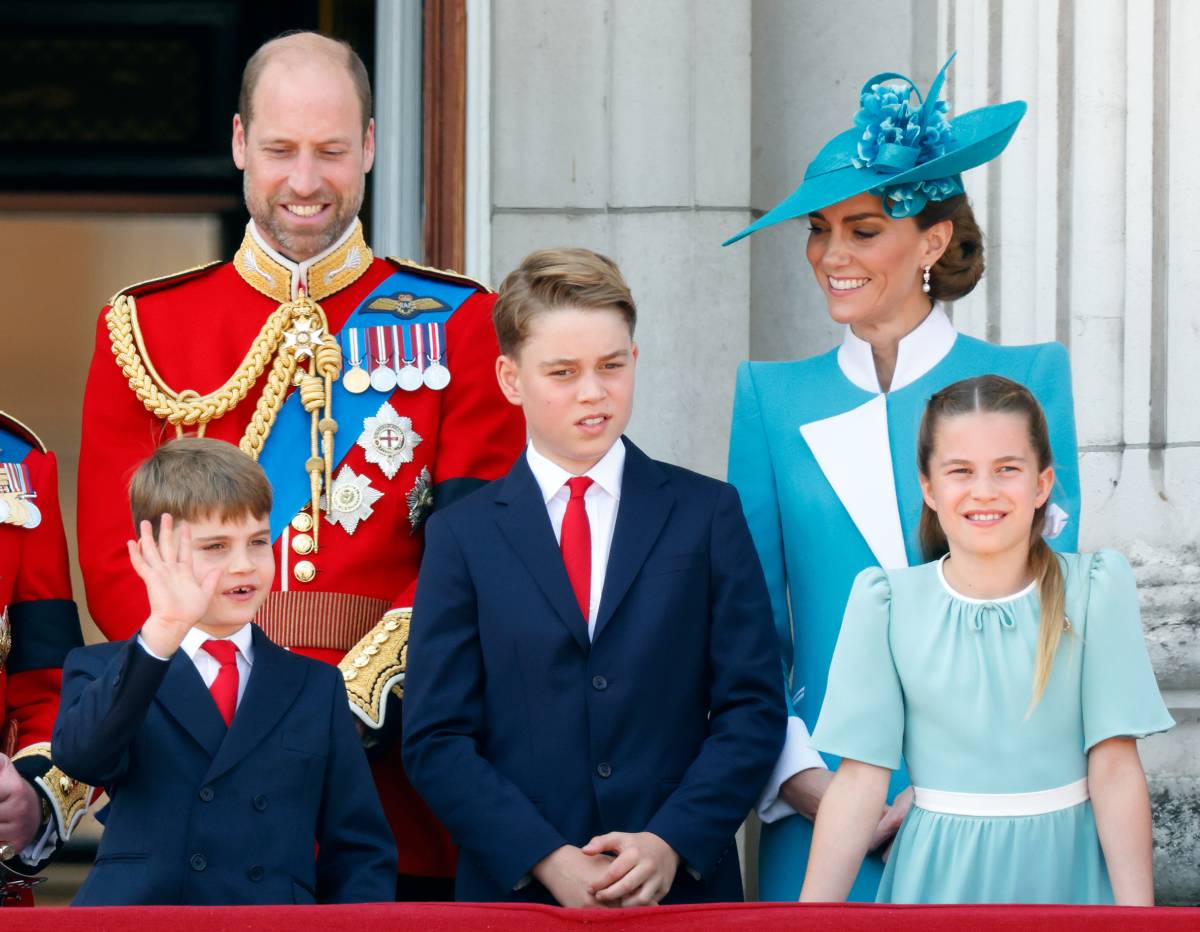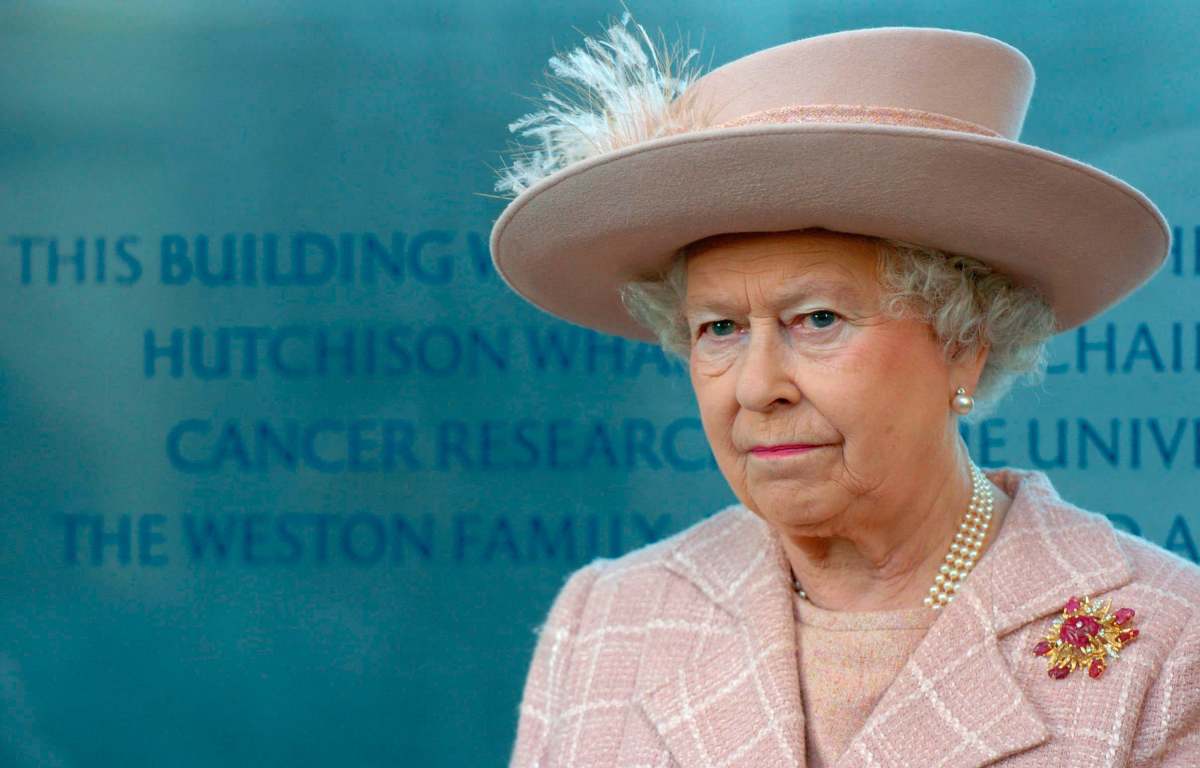Why Princess Charlotte as the New ‘Spare’ Could 'Make Things a Lot Easier' for the Monarchy

Charlotte made history as the first Princess to retain her place in the line of succession despite having a younger brother. This was made possible by the abolition of the age-old practice of male-preference succession through the Succession to the Crown Act. Reflecting on the 2013 reform, royal historian Dr. Nigel Fletcher explained how Charlotte achieved the unthinkable, now ‘outranking’ Prince Louis.

According to the Daily Mail, in a new Channel 5 documentary, Fletcher said, "For the first time in British history, the 'spare' is a Princess, even though she has a younger brother. Princess Charlotte is in line after George, after a change in the law, and she now outranks her brother, Louis." He pointed out that Charlotte was the first to benefit from the abolishment, which previously pushed Princess Anne behind her younger brothers, Prince Andrew and Princess Edward, in the line of succession. Agreeing with Fletcher, royal expert Tom Quinn believes the rule change would lead to more harmonious relationships between royal siblings. He argued, "It will make things a lot easier because there won't be two males like two deer clashing antlers anymore."

Others, meanwhile, praised Prince William and Kate Middleton for giving their children a ‘normal upbringing’ to break the cycle of the heir and spare rivalry. Royal expert Jennie Bond had once noted the same to The Mirror, highlighting that as parents, they are acutely aware of the problems for a royal spare. She said, "They have already shown that they have a different and modern attitude to bringing up royal children and I'm sure they will do everything to make Charlotte and Louis feel every bit as special, loved and valued as George."

Charlotte’s historic royal role as the first woman to keep her place in the line of succession, however, allegedly did not impress the late Queen Elizabeth. In his new book, Power and the Palace, royal author Valentine Low claimed the late Queen remained unenthusiastic about the rule change. A source quoted in the book alleged, "I always thought that the signals from Buckingham Palace were that if it was the wish of the duly elected prime minister of the day, and the realms can be sorted out, we will not stand in its way. I didn’t get the sense there was any great enthusiasm from the Palace and the [late] Queen herself." While the reform was being passed through Parliament, William and Middleton were expecting their first child in 2012.
Low further claimed that Charles reportedly also had his doubts about the rule change. He revealed that the King feared that his granddaughter might marry a Catholic, given that the monarch is the Supreme Governor of the Church of England. This was because the Succession to the Crown Act also overturned the rule barring heirs who married Catholics from the line of succession.
